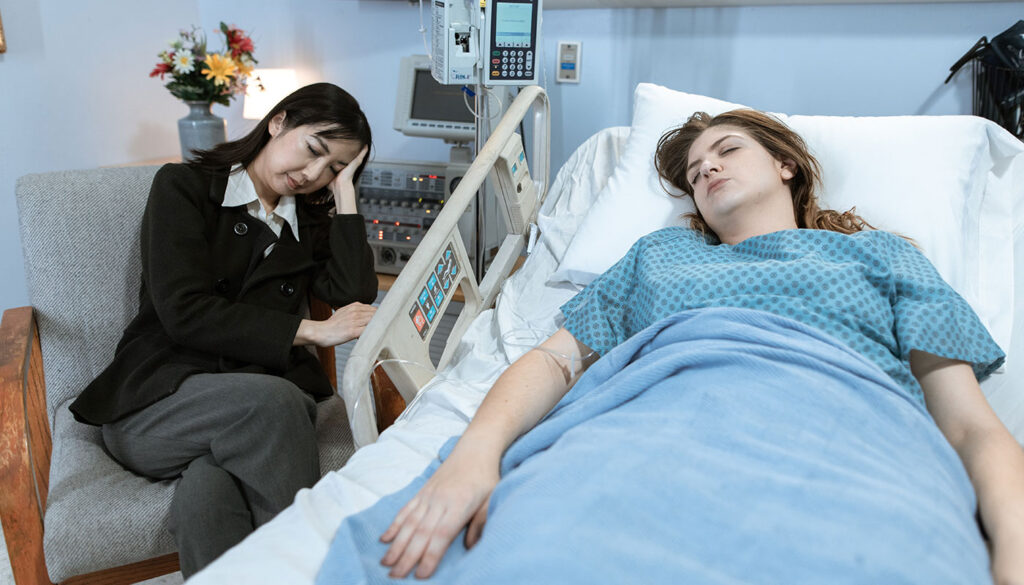Ever since the onset of lockdown in early March of 2020, people have been sitting at homes keeping to themselves and barely moving out. This lockdown has also resulted in recession, mass layoffs, and many such after-effects. With these also come a time when these times have been not one for real support of mental well-being. The director of WHO himself has said that during these stressful times the world must look out for their mental health. So, now the question comes that what is it that has affected a person’s mental health during Covid-19. Here are some of those factors:
- Fear and paranoia of getting infected: The fear and paranoia of getting infected by coronavirus has made people to stay at home and keep to themselves. There are certain demographic sections such as woman, old age people, infants and small kids, etc. who are more susceptible than others to the virus which might make them concerned for their health and safety. The population isolated might get into problems such as heavy alcohol consumption, disruptions in eating and sleeping patterns which further leads to problems such as insomnia. People with previous history of substance abuse is at the risk of relapsing
- Fear of losing the source of income: With the businesses shutting down and the world going into a recession one fear of losing their jobs has come true in the face of mankind. People were forced to be shut at homes without any source of income. Resultingly people with families and those depending on daily wages or without savings might find themselves in quite a difficult situation. As stats suggest unemployment and failing to ends meet is one of the biggest factors of suicide. Although the fear of getting infected from their colleagues has also made people afraid to go to office resulting in them quitting and sitting at homes. Regardless, of the reasons for unemployment be it the fear of contracting Corona or be it the shutting of businesses or be it the fall in the economy the result will be depression, anxiety and stress.
Staring in the face of death: Seeing death staring at their faces or taking away their loved ones has left people bereaved. Moreover, those who have lived to tell the tales might be suffering from PTSD after going through the treatments and being bound to tubes and oxygen masks must be a traumatic experience. The current situation might also work as some sort of trigger for people with a history of mental illnesses and they might see themselves from where they started.
Although until now we have been talking about everything from the viewpoint of patients and the common public who are just getting out when it necessitates. But what about our front-line workers and all those people who are working even during these times such as Doctors, Police, and other such necessary workers. All this entire time we’ve been seeing accounts of how hectic and troubled is a current life of a doctor where they have to operate under barely breathable suits with oxygen cylinders tied to them, how they don’t have enough time to rest because of lack of faculty in different hospitals. All of this must be a very traumatic experience for anyone to witness.
Although with the onset of vaccines we might be able to put all this behind this and return to the normal or the new normal it is high time that the biggest governments of the world need to concentrate on mental health as much as they concentrate on the physical health of their citizens. Many big countries do not spend more than 5% of their budget on mental health pre-covid. It’s high time that just like many changes coming post-covid mental health should be one of them
Learn more about our blog content writing.






